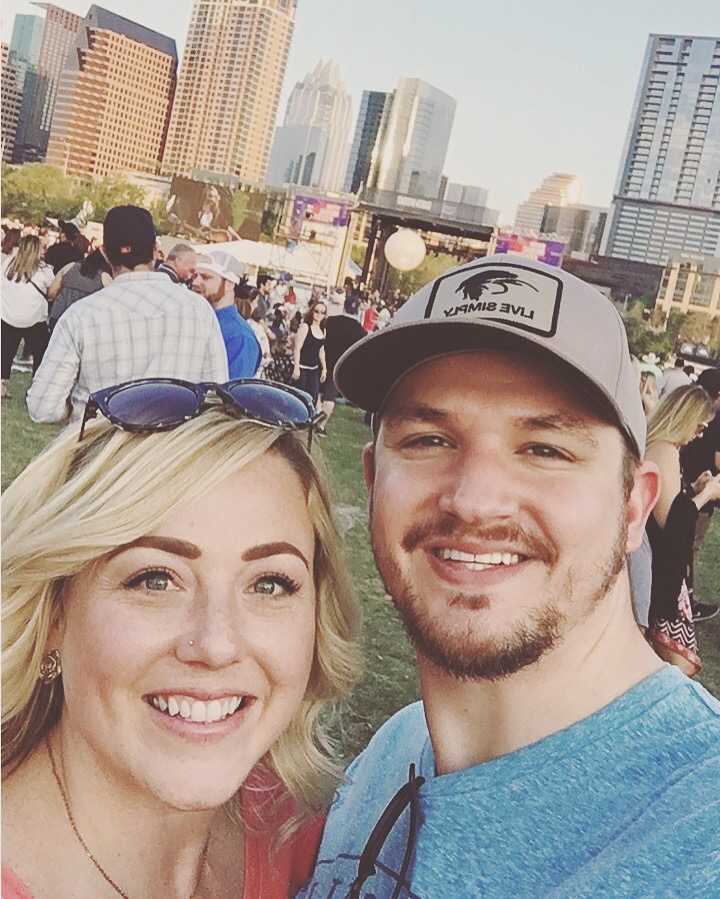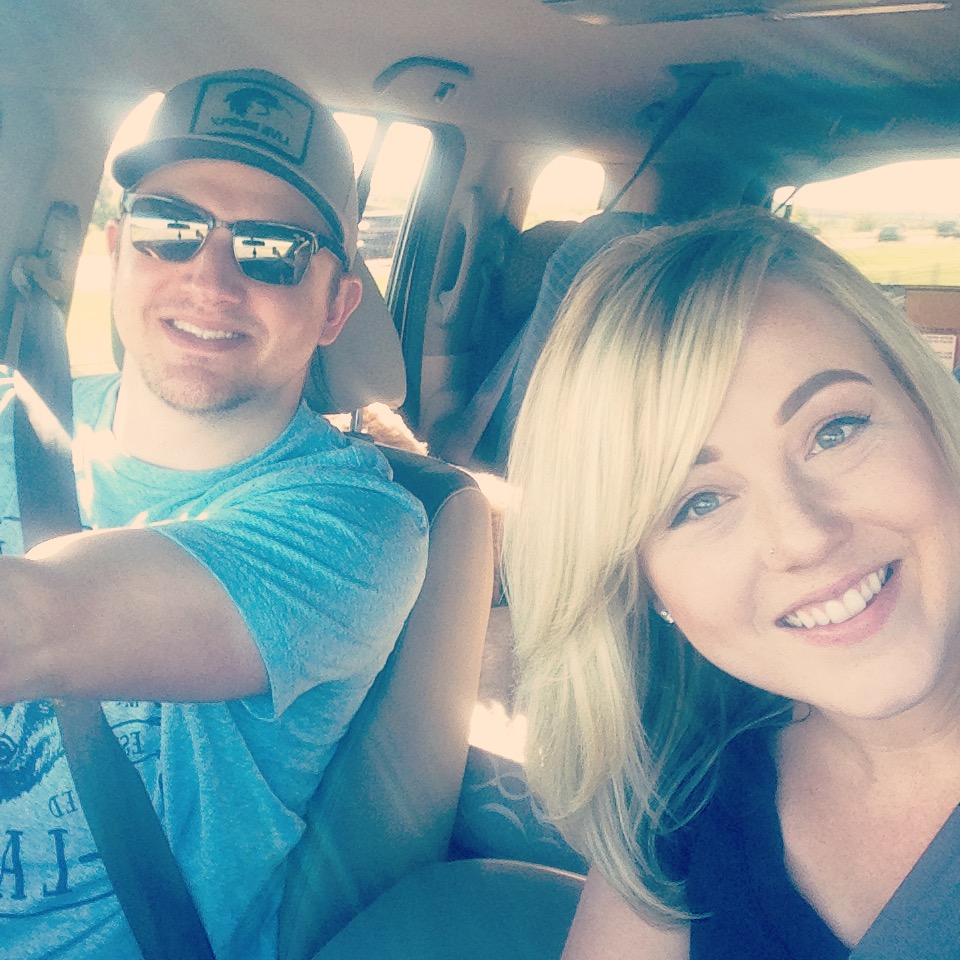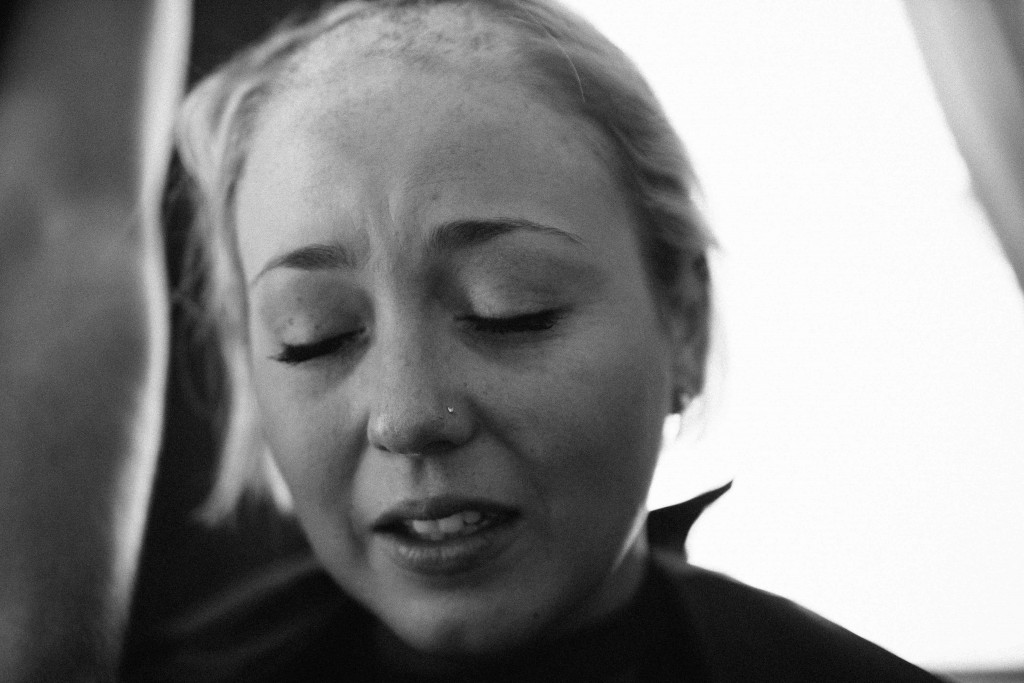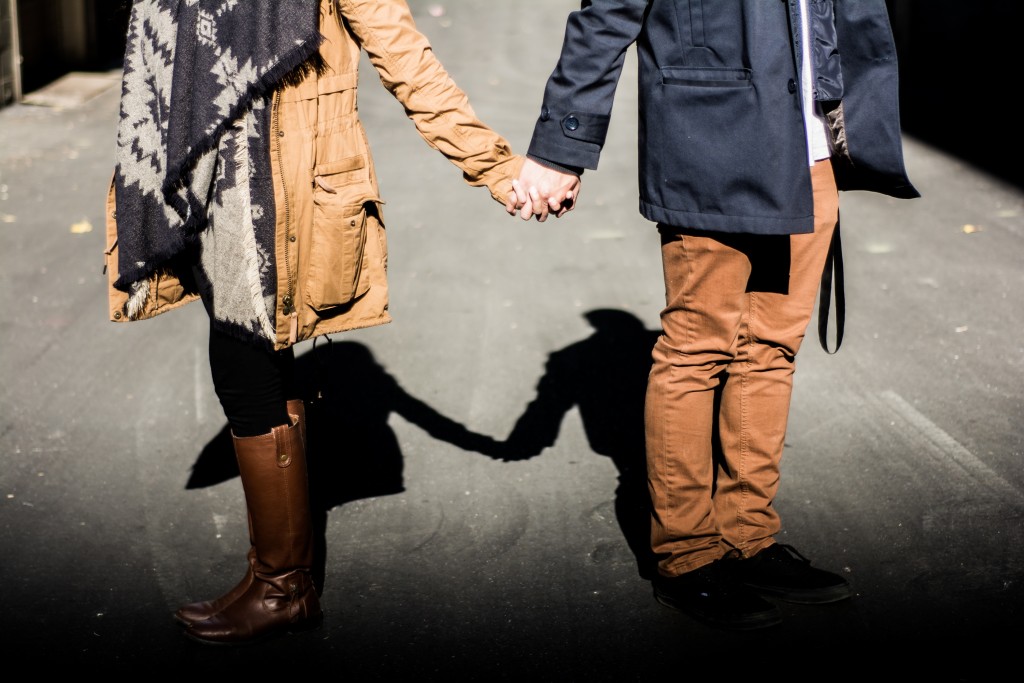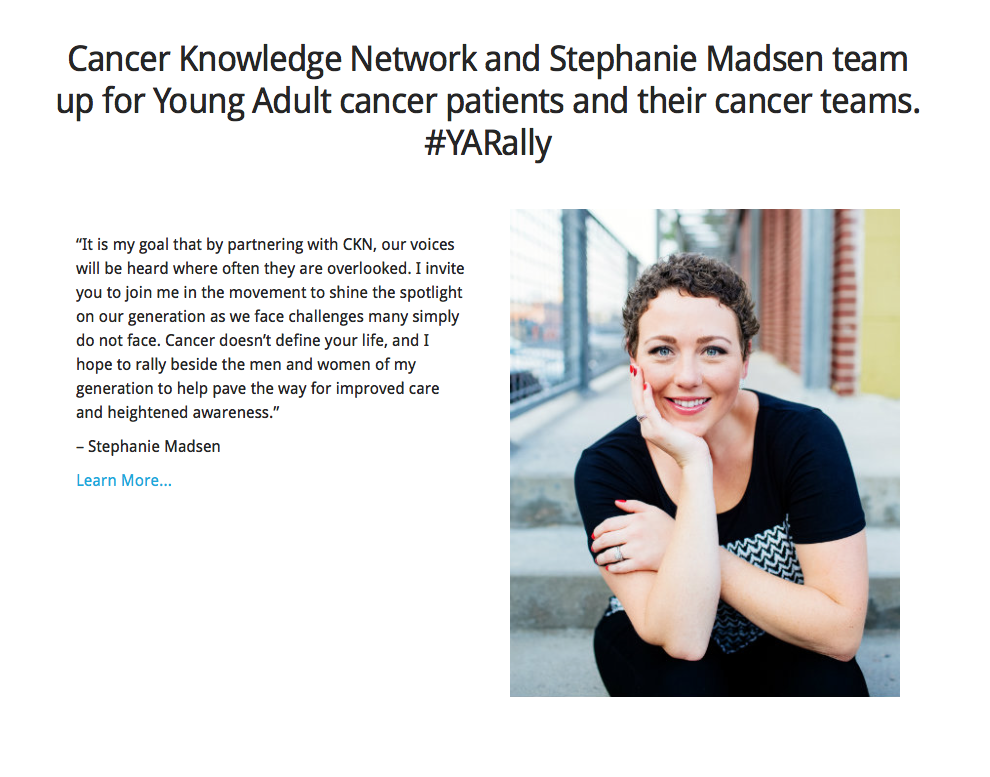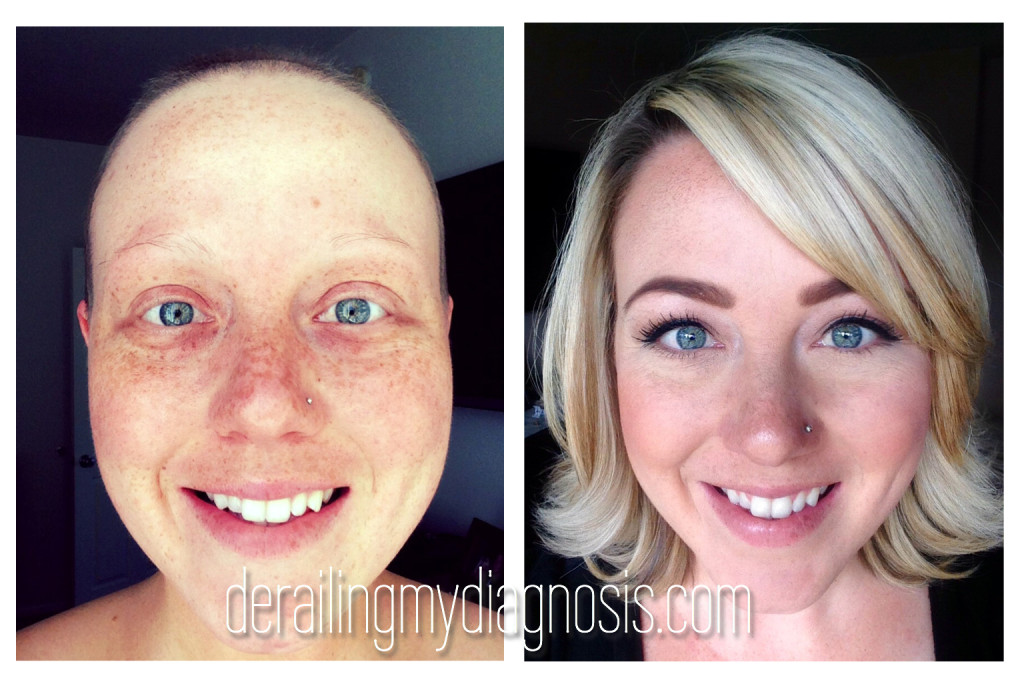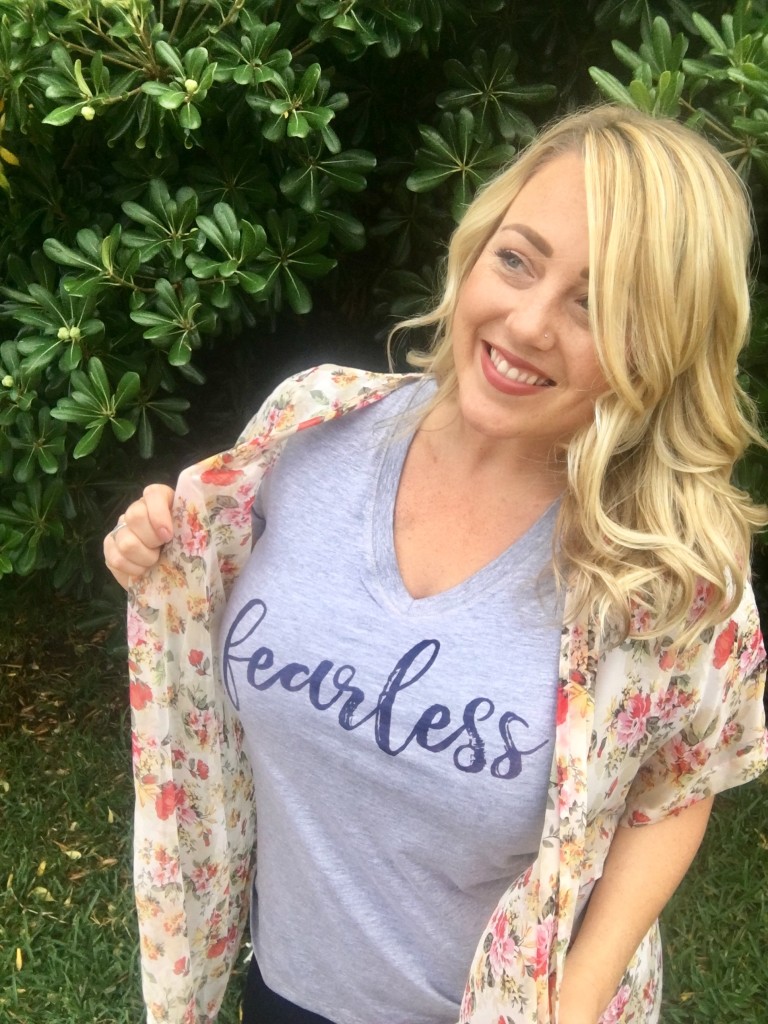 “I don’t know about you, but I feel really good about this scan. You’re going to be cancer-free. I just know it.”
“I don’t know about you, but I feel really good about this scan. You’re going to be cancer-free. I just know it.”
You’d be surprised at how often I hear this from family, friends, and sometimes strangers around the time I’m due for my latest follow-up scan. While my initial reaction is to bristle in response, it also breathes life into the dark and doubting places in my spirit. It’s a double-edged sword. I love and hate hearing it. I appreciate the words because, deep down in my soul, I feel them to be true. Yet, history glows on my medical reports. Having experienced three recurrences, I’m cautious and timid about predicting what’s to come. The truth is, we never know what the results of each scan will be until my doctor presents them to me face-to-face.
There have been seasons when I have felt, with every fiber in my being, that the cancer was gone. And I’ve been wrong. Likewise, there have been moments when my fears were overwhelming and I was convinced that the disease was infesting my body. And again, I’ve been proven wrong. I’ve had more scans than I can count, so I’ve learned to maintain a specific posture while facing them. Cautiously optimistic and abundantly thankful.
I stand with cautious optimism to maintain balance. It’s neither healthy to be ridden with the anxiety of looming bad news, nor to be preemptively and naively excited for positive results. It’s crucial to rest somewhere in the middle. Cautious and optimistic. Additionally, I remind myself to be thankful when scans are on the horizon. Depression, fear, and doubt cannot penetrate gratitude. Joy is birthed in a thankful heart. I reflect on how far I have come, all that I have, and all that God has waiting for me in the future. Second to salvation, life itself is the greatest gift of all.
“I feel good about it.” My dad actually said this to me yesterday. As soon as the words hit my ears, my insides shuddered. And as quickly as I recoiled, I also smiled. What an odd experience. I am full of faith and hope, yet fear pricks at my heart. You see, fear and faith are not mutually exclusive. So often we believe they are. That if we are afraid, we are simply lacking faith. How defeating must that be, for us to be faithless if fear is present? It’s simply not the truth. Fear is a human response, yet faith is a supernatural assurance. They can be felt simultaneously.
Likewise, I’ve grown to understand the difference between fear and fearless. Fearlessness is not a lack of fear but rather a resilient determination to push through the circumstance that makes us most afraid. Fearless means forging a way amidst paralyzing doubt and trepidation. Fearless is a mindset and a commitment. To be fearless is to overcome.
I am full of faith in a God who redeems, restores, and heals. Faith is an assurance in what cannot be seen, and while I have not tangibly seen God, I have seen Him to be true in my life. He is present, at work, and carefully orchestrating every detail. He has gone before me. He has written my story. He has rescued me. My God is alive, and I have faith in Him. At the same time, I struggle with the fear of my earthly opponent. My flesh is quick to breed anxiety and doubt. Rather than reflecting on the miracles woven in my story, my mind falls prey to the memories of past disappointments and recurrences. Fear is a looming shadow, stealthy to entrap me.
My faith is unmoved and unwavering, though my flesh is broken and afraid. Simply put, my faith is abundant because it rests in my Savior, and my fear is present because it rests in a scan. God does not change, our circumstance does. And right now, as my latest follow-up scan approaches, I am choosing to maintain a posture of cautious optimism and an attitude of gratitude. Am I afraid? Not overwhelmingly so, but enough to put me on edge. Scanxiety is real, no matter how long you’ve been cancer-free. Do I have faith? 100% YES! God is bigger than my fear and mightier than my disease.
As you read this, Matt and I will be in between appointments at MD Anderson for my next round of scans, tests, and doctors visits. If you remember my last trip to Houston, I officially reached the two-year mark of being NED, which means my scans have now switched from every three months to every six months. It’s hard to believe that it’s been only six months since my last trip to the hospital! We’ll be venturing to MD Anderson once again to not only meet with my specializing gynecologic oncologist and receive a PET/CT scan, but additionally to meet with a new team of doctors for further tests. (I’ve been experiencing intermittent nerve pain in my breasts and want to be extra sure it’s nothing, therefore I’ll be receiving a mammogram to be precautious.)
While I rarely look forward to these appointments, I find myself with excited anticipation for my last appointment on Thursday. It’s something I have looked forward to for years, and it’s hard to believe it’s finally here. Barring no new spots on my scans, my port will be removed! A momentous occasion indeed!
As we spend two solid days at MD Anderson with eight separate appointments, we ask that you stand with us in prayer. Though this isn’t our first rodeo and we aren’t expecting news other than the positive kind, fear and anxiety are present, but we are full of faith and cautiously optimistic for good results!
Philippians 4:6-7 (MSG)
“Don’t fret or worry. Instead of worrying, pray. Let petitions and praises shape your worries into prayers, letting God know your concerns. Before you know it, a sense of God’s wholeness, everything coming together for good, will come and settle you down. It’s wonderful what happens when Christ displaces worry at the center of your life.”


